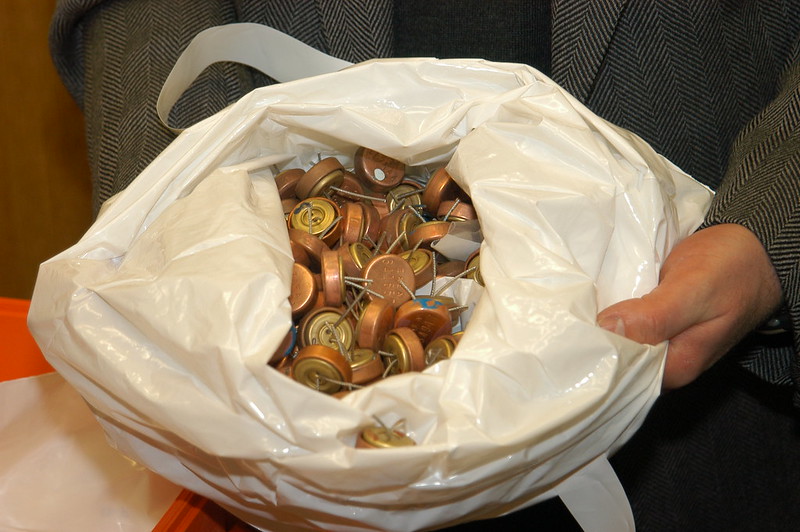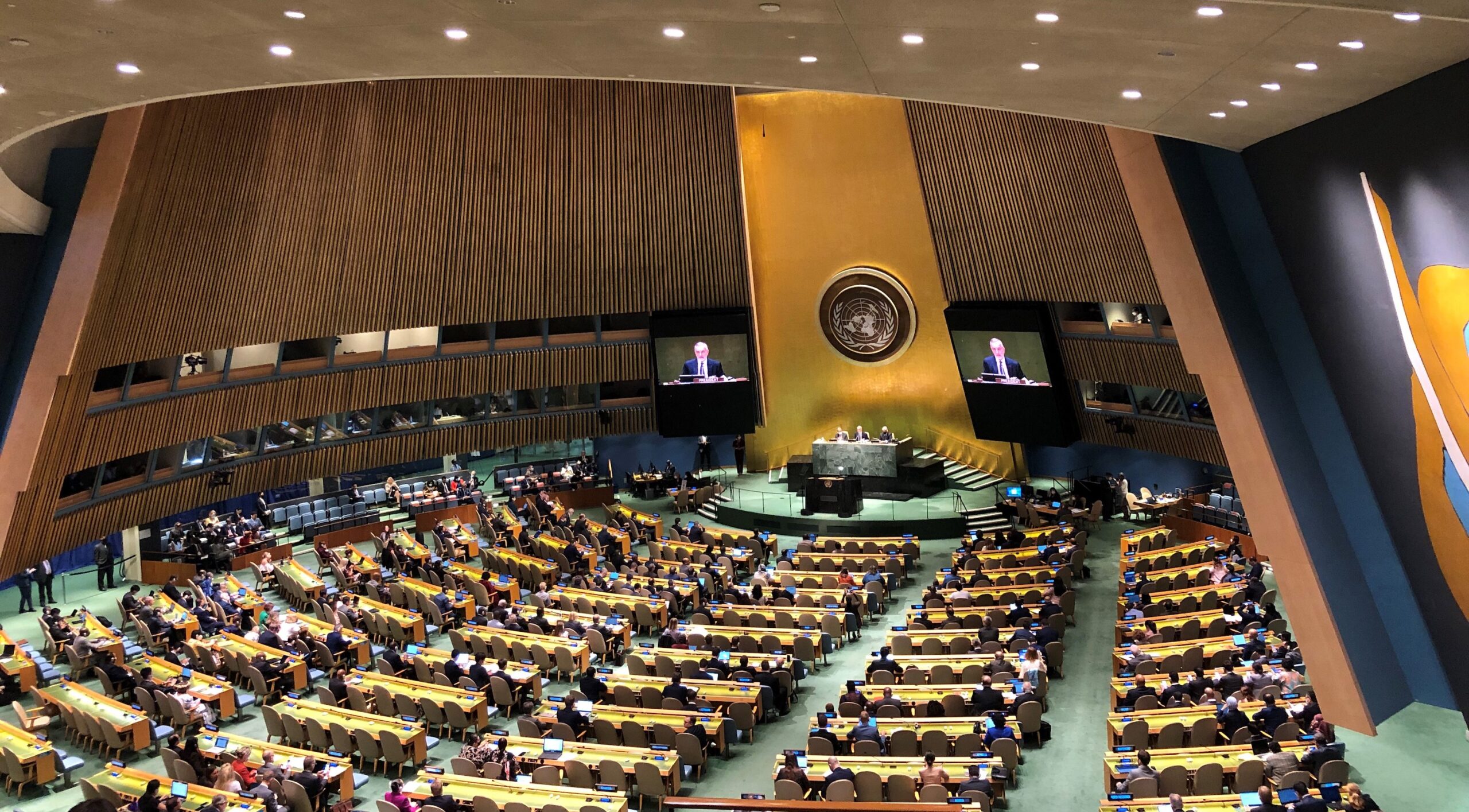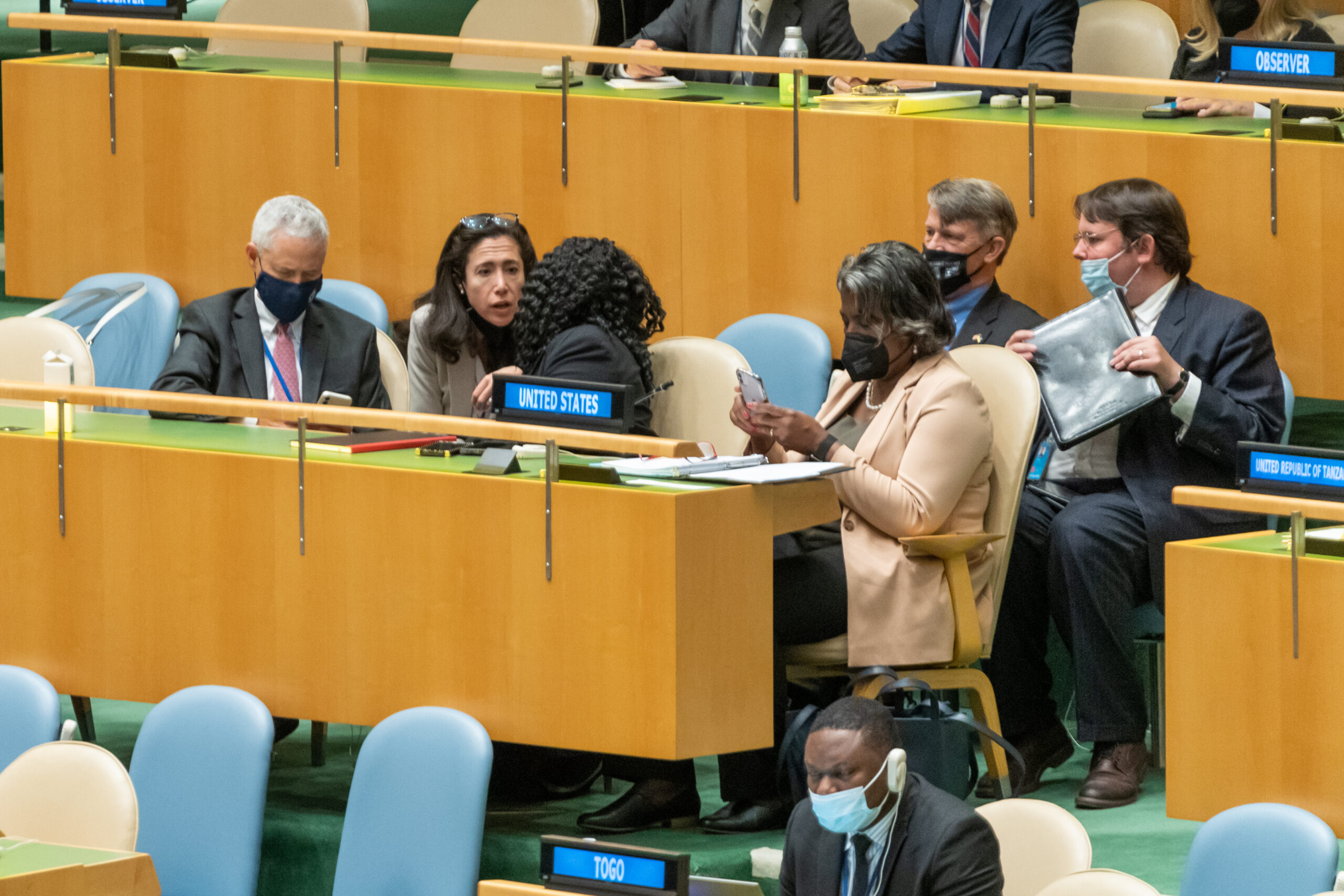
In the context of the nuclear safeguards implemented by the International Atomic Energy Agency (IAEA), the terms “diversion” and “non‑compliance” are of fundamental importance. But what is the difference between the two terms, what are their legal origins and how should they be understood in practical terms by the IAEA’s Member States?
In his new paper, VCDNP Non‑Resident Senior Fellow John Carlson addresses these questions through the lens of the IAEA’s Statute, the Treaty on the Non‑Proliferation of Nuclear Weapons, and INFCIRC/153 (which sets out the structure and content for comprehensive safeguards agreements). He analyses the terms “diversion” and “non‑compliance,” including where their interpretation coincides and diverges, as well as the circumstances under which a State might be found to be in non‑compliance with its obligations under its safeguards agreement.
Mr. Carlson concludes that non‑compliance can be interpreted as a violation of a provision essential to the accomplishment of the purpose of the safeguards agreement. While diversion of nuclear material is the example that most readily comes to mind, he notes that non‑compliance could also take other forms such as refusal to cooperate in implementing safeguards. Mr Carlson recommends that the IAEA, in consultation with Member States, consider how to further a common understanding of these terms in safeguards practice and documentation.
Featured image credit: Kirstie Hansen/IAEA under CC BY-SA 2.0 DEED


